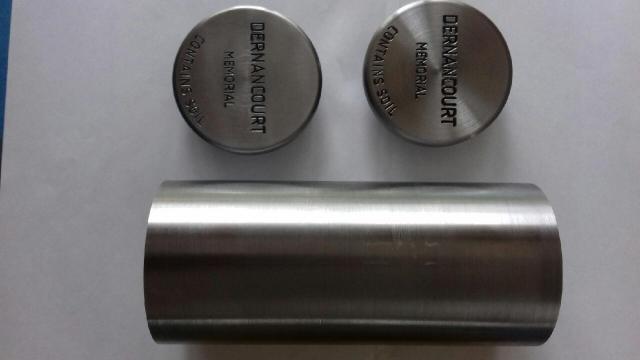
SOIL from a World War One battlefield in France has been aided on its 16,000km journey to a South Australian memorial by Australian biosecurity officers.
Deputy Secretary of the Department of Agriculture, Fisheries and Forestry, and Head of Biosecurity and Compliance Dr Chris Locke said the soil from Dernancourt in France had been approved for importation and would travel to Australia encased in a secure, two-litre container.
“The department is satisfied the metal container and the interment of the soil satisfy all import conditions and it can be imported without undergoing further treatment,” Dr Locke said.
“Imported soil can present a significant biosecurity risk to Australia due to contamination with a range of pests and diseases exotic to Australia.”
Dr Locke said soil had the possibility of containing exotic plant seeds, fungi or viruses of biosecurity concern which may affect Australia’s wildlife or production animals, which he said would be catastrophic for the country if it were to gain a foothold.
“Australian travellers returning from culturally significant sites such as Gallipoli and the Dardanelles sometimes seek to bring home sand and shell casings found at those sites,” he said.
“All items, no matter how culturally significant, must meet Australia’s strict import conditions.”
On July 4, before being imported to Australia, the soil was farewelled in a ceremony held in Dernancourt, France, by the French Centenary Association of the First World War.
The soil will be interred in a memorial being built by the City of Tea Tree Gully in the suburb of Dernancourt in Adelaide.







